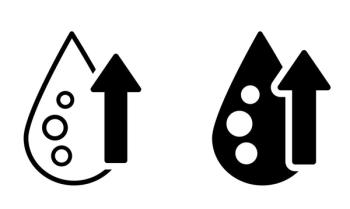
ASCO PROSTATE: Toremifene May Ease Androgen Deprivation Complications
KISSIMMEE, Fla. -- The selective estrogen receptor modulator toremifene (Acapodene) improved lipid profiles and increased bone mineral density in androgen deprivation therapy for advanced prostate cancer.
KISSIMMEE, Fla., Feb. 23 -- The selective estrogen receptor modulator toremifene (Acapodene) improved lipid profiles and increased bone mineral density in androgen deprivation therapy for advanced prostate cancer.
So it emerged from a pair of analyses of early interim data from a trial of nearly 1,400 patients, findings that were reported today at a prostate cancer symposium by Matthew Smith, M.D., Ph.D., of the Massachusetts General Hospital Cancer Center.
"These interim results suggest that toremifene has the potential not only to reduce the risk of fractures in men with advanced prostate cancer, but also to improve cholesterol levels, addressing another significant side effect of the standard treatment for this disease," he said.
Androgen deprivation, the standard treatment for men with advanced prostate cancer, has been shown to decrease bone mineral density and increase fracture risk. It has also been associated with increased total cholesterol and a 26% increase in triglycerides, and an increased risk of coronary heart disease.
Toremifene is also being investigated for prevention of prostate cancer and is marketed under the brand name Fareston for the treatment of breast cancer.
The study recruited 1,392 men ages 50 and older at several centers in the United States and Mexico. Participants were randomized to toremifene (80 mg/day) or placebo for two years.
Dr. Smith said the protocol specified analysis of the first 200 patients at 12 months.
Results from first 197 patients that completed 12 months of toremifene revealed significantly increased bone mineral density at the lumbar spine (P
Dr. Kelly, who was not involved in the study, also cautioned about the possible risks of long-term toremifene treatment. "We don't know whether these drugs will have similar thrombotic side effects as do other of the selective estrogen receptor modulators," he said.
The toremifene study was sponsored by GTx, Inc., which markets toremifene. Dr. Smith disclosed support from GTx, Inc., and Cytogen.
Newsletter
Enhance your clinical practice with the Patient Care newsletter, offering the latest evidence-based guidelines, diagnostic insights, and treatment strategies for primary care physicians.

































































































































